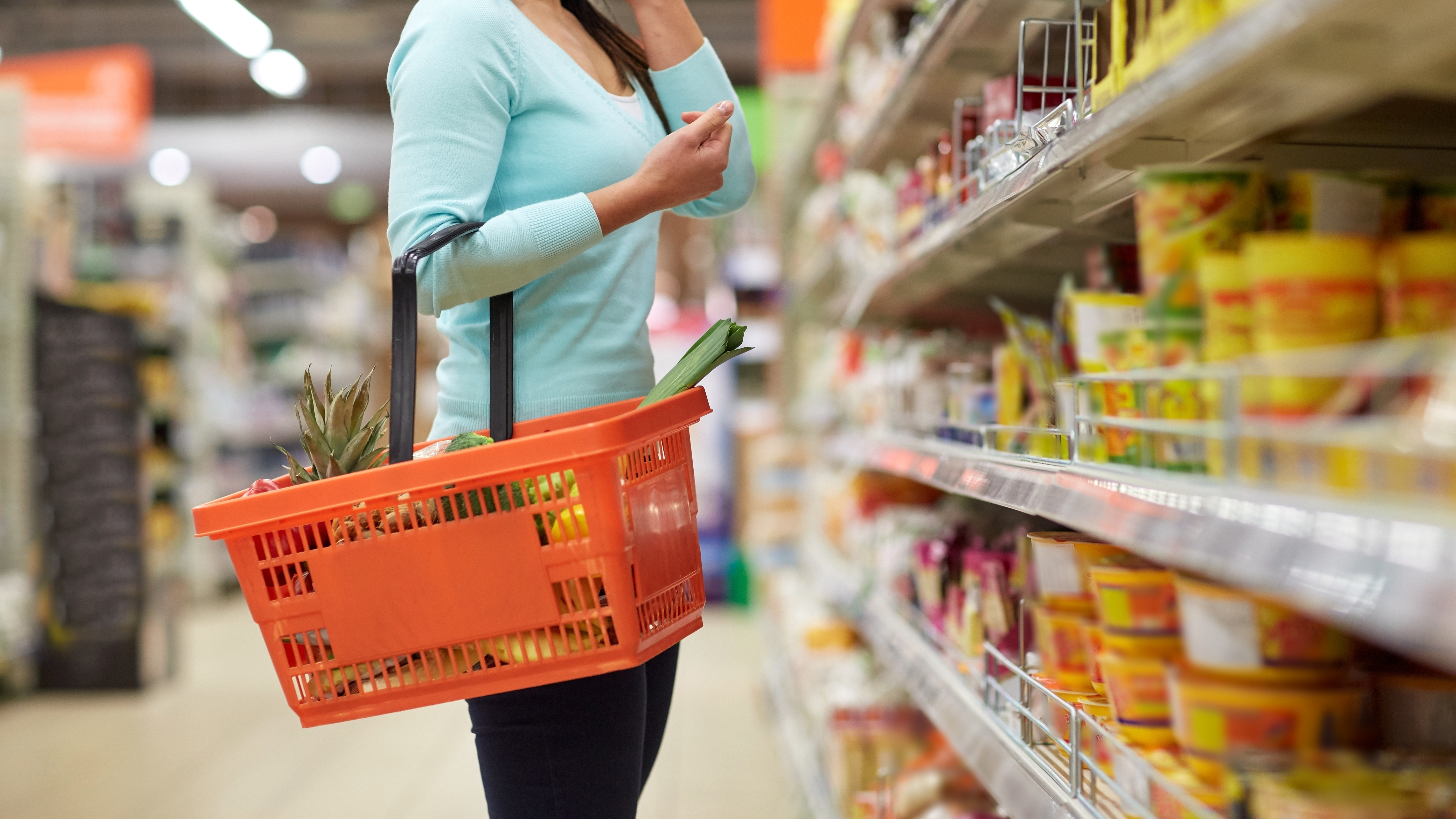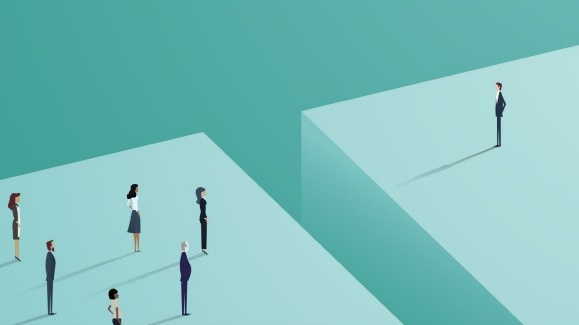How well does your supermarket know you, Mr. Blair?
Contributing solutions might be more helpful than making inaccurate comparisons


Looking back at my shopping habits, the London Lidls have seen me at my worst. Only a few days ago, I struggled to choose between a £25 drying rack and a £11 potted Yucca plant, attempted to carry both, failed, incited enough sympathy from the people queuing behind me to help me drag the two oversized products to the till before ultimately abandoning the drying rack in a random aisle and settling for the plant. Yes, my flatmate specifically asked me to pick up a new drying rack. However, choices were made and I stand by my actions.
According to Tony Blair, “people give a lot more information to their supermarkets than they do to the government”.
The former prime minister made the comment while speaking to BBC’s Newscast while expressing his support for the idea of digital IDs as a way of tackling the coronavirus pandemic.
I cannot deny that when I read this, I immediately thought about how Lidl not only caught my struggles and deliberations on CCTV (Sophie’s Choice, 2020 retail edition) as well as cemented my purchase decision in the form of the proof of payment. That same Lidl will probably also be able to deduce some simple facts about me based on my spending habits, such as dietary requirements, grocery budget, or my taste in £4 wine.
Nevertheless, I still believe that Blair’s comment is a massive overstatement. Not because supermarkets don’t collect data, but because one cannot compare the local Lidl to the UK government.
One thing which is worth considering is that a lot of information provided to supermarkets is on an opt-in basis. Loyalty cards, which often provide customers with personalised deals based on their previous shopping experience, are not mandatory. One does not need to have a ClubCard in order to enter a Tesco, but a passport is a necessary document when travelling overseas - especially after Brexit.
If you don’t have a loyalty card but choose to pay with plastic, the few final digits of your debit card will probably be known to the supermarket. However, this data is anonymised, meaning that your supermarket will likely not know your name unless you actively introduce yourself. What is more, if you don’t feel like sharing this information either, you can also pay by cash, which is probably not the healthiest option nowadays, but at least it provides you with an additional layer of anonymity. Moreover, in contrast to pubs or cafes, supermarkets don’t even require customers to provide COVID-19 contact-tracing information.
Sign up today and you will receive a free copy of our Future Focus 2025 report - the leading guidance on AI, cybersecurity and other IT challenges as per 700+ senior executives
I mention COVID-19 because that is, more or less, the basis for this whole issue. By supporting the implementation of digital IDs as well as letting the government keep records of who is vaccinated against the coronavirus, Blair is essentially a spokesperson for immunity passports, which I wrote a feature on back in June.
While I am not against exploring options which would help the UK, as well as the rest of the world, put this pandemic to an end, I find it worrying that a person who used to run this country has no problem with making potentially misleading assertions in order to try to get people to be comfortable with sharing their highly-personal information.
If Blair would really like to make a case for immunity passports, he could try addressing the multitude of problems which arise from the lack of legislation essential to maintaining the safety of personal data kept by the government. He could also maybe provide some solutions on how to avoid discriminatory treatment based on citizens’ diagnosis.
At the end of the day, despite the UK government surely having more data about me, I do feel like my local Lidl still knows me better.
If the UK government wants me to give it the same amount of information than Blair seems to think I give my local supermarket, it’s going to have to make it worth my while; stopping the spread of COVID-19 is all very well, but can it really beat red wine and the cheapest Yucca plant in north London?
Having only graduated from City University in 2019, Sabina has already demonstrated her abilities as a keen writer and effective journalist. Currently a content writer for Drapers, Sabina spent a number of years writing for ITPro, specialising in networking and telecommunications, as well as charting the efforts of technology companies to improve their inclusion and diversity strategies, a topic close to her heart.
Sabina has also held a number of editorial roles at Harper's Bazaar, Cube Collective, and HighClouds.
-
 Trump's AI executive order could leave US in a 'regulatory vacuum'
Trump's AI executive order could leave US in a 'regulatory vacuum'News Citing a "patchwork of 50 different regulatory regimes" and "ideological bias", President Trump wants rules to be set at a federal level
-
 TPUs: Google's home advantage
TPUs: Google's home advantageITPro Podcast How does TPU v7 stack up against Nvidia's latest chips – and can Google scale AI using only its own supply?
-
 Tech leaders worry AI innovation is outpacing governance
Tech leaders worry AI innovation is outpacing governanceNews Business execs have warned the current rate of AI innovation is outpacing governance practices.
-
 Top data security trends
Top data security trendsWhitepaper Must-have tools for your data security toolkit
-
 Supply chain as kill chain
Supply chain as kill chainWhitepaper Security in the era Zero Trust
-
 SEC data breach rules branded “worryingly vague” by industry body
SEC data breach rules branded “worryingly vague” by industry bodyNews The new rules announced last week leave many questions unanswered, according to security industry experts
-
 The gratitude gap
The gratitude gapWhitepaper 2023 State of Recognition
-
 JD Sports details cyber security revamp following January attack
JD Sports details cyber security revamp following January attackNews It hopes a multi-vendor approach will substantially improve its cyber resilience
-
 The rise of identity-based cyber attacks and how to mitigate them
The rise of identity-based cyber attacks and how to mitigate themIn-depth If identity-based cyber attacks are successful, they can give hackers the opportunity to infiltrate an entire network
-
 2022 Public Sector Identity Index Report
2022 Public Sector Identity Index ReportWhitepaper UK Report
